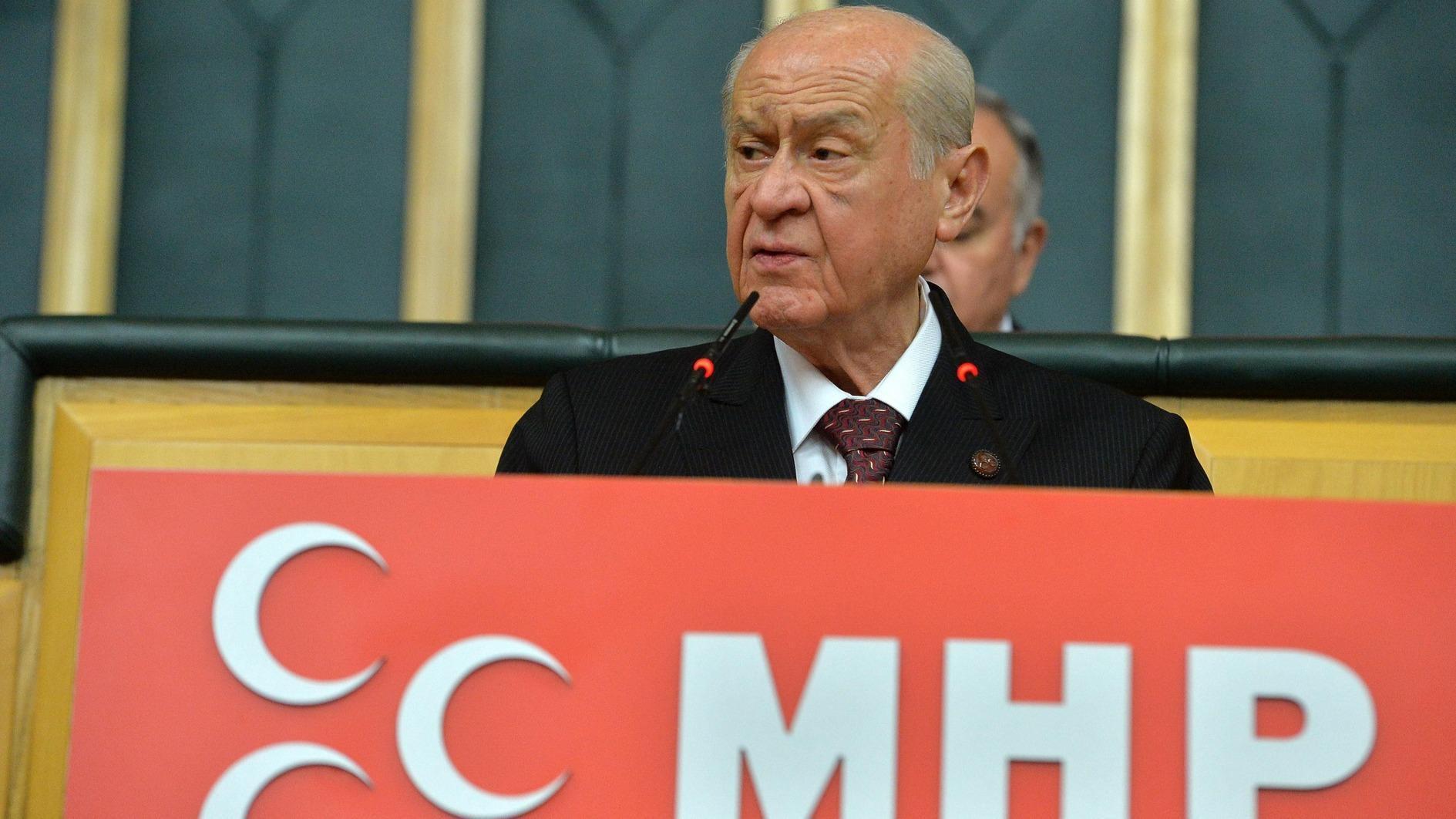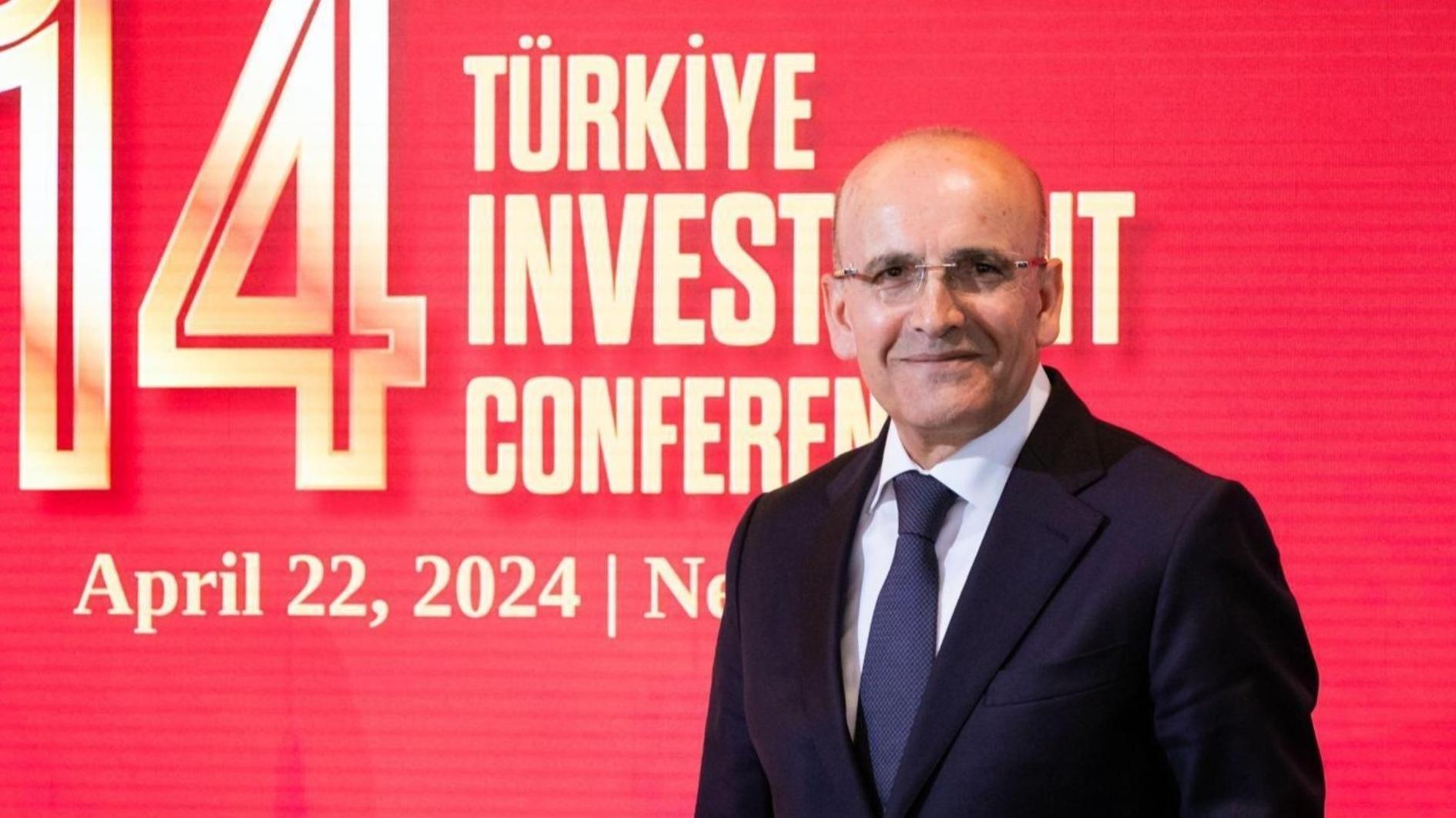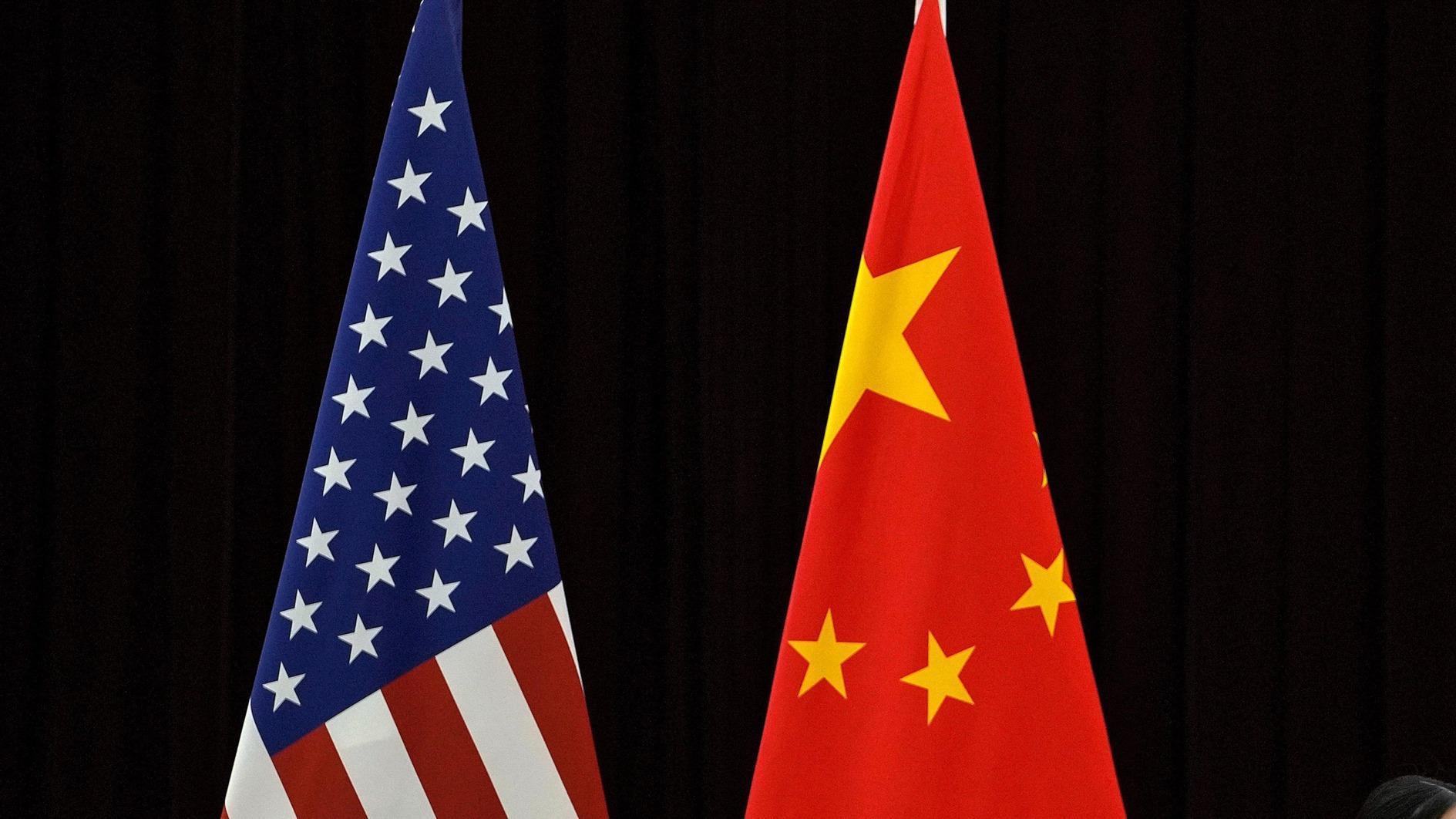The 1990s are back in Turkey
“In all the songs I listen to, everything reminds me of you.”
These are the lyrics of a song President Recep Tayyip Erdoğan loves to recite during his rallies.
Now a days, many pundits murmur the same lyrics, as some of the things they see remind them of the 1990s.
These were the years the liberal economic policies of the late President Turgut Özal increasingly came to clash with the security policies of the military-judicial establishment.
Özal wished to liberalize the Turkish economy and open it to the world to integrate it with the global system. But that required democratization of the country.
The Customs Union with Europe with the eventual target of membership was at the core of Özal’s policy. Özal applied for membership in 1987 but died (in 1993) before the Customs Union entered into force in 1996.
The Customs Union agreement had to be accepted by the European Parliament, whose members were highly critical of the state of democracy and fundamental freedoms in Turkey.
The period that led to the vote in the European Parliament in 1995 has seen a tough wrestling between Turkey’s liberal democratic forces and the military-judicial establishment.
Fighting against the outlawed Kurdistan Workers’ Party (PKK) in the southeast, the army stepped up its cross-border operations in Iraq. The state was in total denial of the Kurdish identity. Education and broadcasting in Kurdish were taboo.
There were strict restrictions to the freedom of expression and judges who adopted a very maximalist interpretation of these restrictions did not hesitate to send hundreds of journalists, writers, and activists to jail simply for using their right to democratic dissent.
The Kurdish representatives had entered parliament in 1991 under the roof of the Socialist Democratic Populist Party (which dissolved itself in 1995 and many members joined the Republican People’s Party [CHP]).
In 1994, the immunities of Kurdish deputies were stripped and six deputies, including Leyla Zana, were sentenced to serving prison time.
The prime minister was Tansu Çiller. Mehmet Ağar was her right hand as he served in key security positions before becoming the justice minister and later the interior minister. Sympathizers of the Nationalist Movement Party (MHP) occupied key positions in the security apparatus.
The General Chief of Staff was much more powerful than the defense minister, who was only functional in fulfilling protocol duties.
There were intense negotiations between European officials and foreign ministry officials to adopt democratic changes to convince European parliamentarians. Changes to the notorious law on the fight against terror were at stake. Only after painful domestic discussions to convince the military-judicial establishment that some constitutional changes were adopted, the European Parliament gave its green light to the Customs Union in a historic vote in 1995. Many Kurdish deputies were still in jail and the death penalty (although not implemented since 1984) was still in force.
Fast forward to today.
The MHP is the official partner of Erdoğan. There are rumors the MHP will ask for key positions in certain ministries for its supporters. Çiller has appeared at one of Erdoğan’s rallies and Mehmet Ağar’s son Tolga Ağar has entered the parliament as a deputy of the Justice and Development Party (AKP).
It is highly probable that Kurdish politicians of the Peoples’ Democracy Party (HDP) passed the 10 percent threshold and made it to parliament thanks to the supporters of the CHP. Süleyman Soylu, the last interior minister of the parliamentary system, who became the first interior minister of the presidential system, made a threatening call to an HDP deputy after the June 24 elections and told her, “You have no right to live anymore, even the CHP cannot save you.”
Several HDP members, including its former co-chair Selahattin Demirtaş, are in jail.
The Turkish army continues its cross-border operations in Iraq, as well as in Syria.
Judges do not hesitate to send hundreds of journalists, academics, and activists to jail, which according to European standards are simply voicing their democratic dissent. Now, there are calls to bring back the death penalty.
The updating of the Customs Union is blocked due to the state of democracy and fundamental freedoms in Turkey. The EU does not want to lift visa requirements until changes are made to anti-terror laws.
The General Chief of Staff has become the defense minister.
“The deep state has always wanted a presidential system with few checks and balances,” a Turkish political scientist recently told me.











